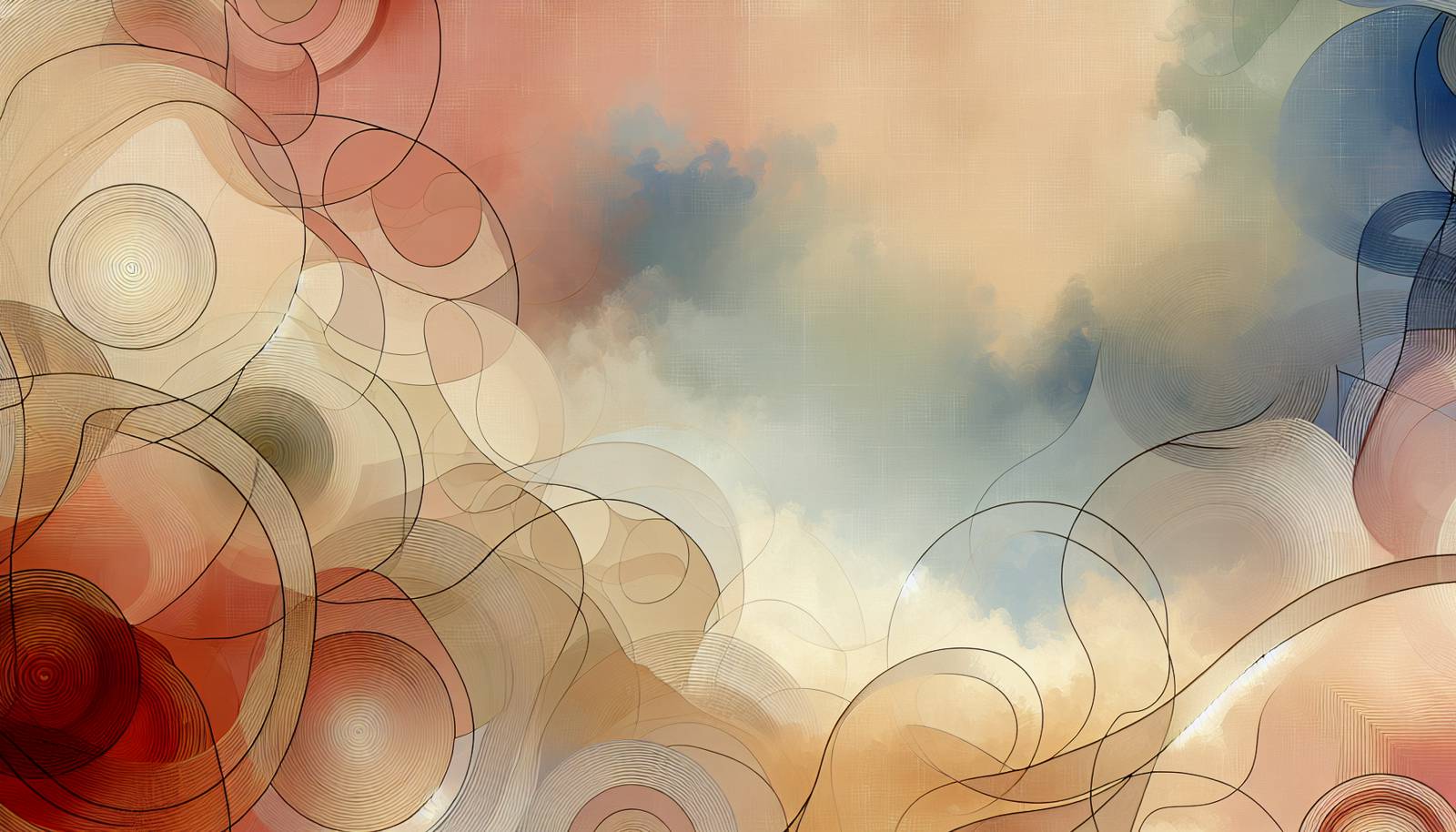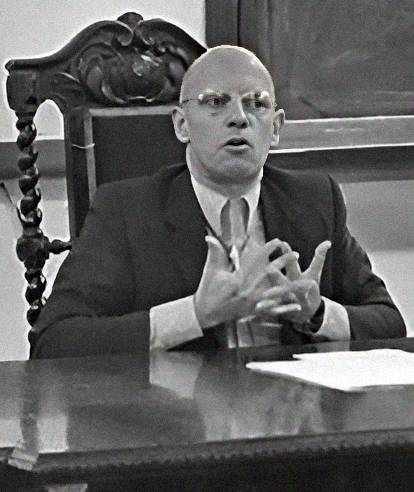
FAQ About Michel Foucault

Who was Michel Foucault?
Michel Foucault was a French philosopher born in 1926 and passed away in 1984. He is renowned for his influential theories on power, knowledge, and social institutions. Foucault's work has deeply impacted the humanities and social sciences, particularly in the fields of sociology, philosophy, and history. His analyses of the relationship between power and knowledge introduced new ways of understanding societal structures and disciplines.

What are some of Michel Foucault's notable works?
Michel Foucault authored several landmark texts, including “Madness and Civilization”, “The Birth of the Clinic”, “Discipline and Punish”, and the multi-volume “The History of Sexuality”. Each of these works explores different aspects of history, power dynamics, and social institutions, challenging conventional perspectives and offering profound insights into how societies structure themselves.

What is Michel Foucault's theory of power?
Foucault's theory of power focuses on the idea that power is not merely a top-down process exerted by powerful entities over the powerless. Instead, he proposed that power is pervasive and functions at all levels of society. It is dispersed through various forms of knowledge, institutions, and social practices, thereby influencing how individuals perceive themselves and the world. Foucault emphasized the concept of power/knowledge, suggesting that knowledge is a form of power and vice versa.

How did Michel Foucault view social institutions?
Michel Foucault examined social institutions such as prisons, schools, and hospitals to understand their role in exerting control and shaping human behavior. He argued that these institutions are mechanisms through which power is exercised, often normalizing certain behaviors while marginalizing others. Foucault's analysis of institutions, particularly in works like “Discipline and Punish”, highlights how discipline and surveillance are integral to modern forms of governance.

What is the concept of 'biopolitics' in Foucault's work?
'Biopolitics' is a term coined by Foucault to describe the practice of modern states to regulate their citizens' bodies and lives through an array of interventions. It involves the state's focus on managing populations, enhancing life, and administering public health, sexuality, and reproduction. Foucault explored how biopolitics operates as a form of power that affects individual autonomy and societal norms, emphasizing the intricate relationship between life, politics, and social control.

How did Foucault's ideas influence postmodern thought?
Foucault's critique of grand narratives and his exploration of power dynamics contributed significantly to postmodernism. By challenging traditional ideas about knowledge and truth, he influenced thinkers to interrogate the structures of power and the role of discourse in shaping reality. His work invites a skeptical approach to accepted truths and emphasizes the contingent nature of societal norms, resonating with postmodern critiques of modernity and enlightenment rationality.

What is the significance of Foucault's work on sexuality?
Michel Foucault's “The History of Sexuality” is pivotal in understanding how sexuality has been perceived and regulated throughout history. Foucault argued that sexuality is not simply a natural biological instinct but is shaped by social and historical forces. His work examines how discourse about sexuality is intertwined with power, influencing societal norms and individual identities. This perspective has profoundly affected how scholars, particularly in gender studies, explore issues of sexuality.

How does Foucault's concept of 'discourse' function?
Foucault viewed 'discourse' as systems of knowledge and language that define and frame our understanding of the world. Discourses are not just ways of speaking but carry power and authority, shaping what is considered truth in a society. They both enable and constrain, opening up specific ways of thinking while closing off others. Foucault emphasized that discourse is a means through which power relations are manifested and maintained in society.

What was Foucault’s relationship with structuralism?
Michel Foucault is often associated with structuralism due to his early works' focus on the underlying structures of thought and language in society. However, he distanced himself from being labeled purely as a structuralist, particularly as his later works moved towards investigating the power relations inherent in these structures. He preferred to describe his approach as 'archaeological' and 'genealogical,' focusing on the historical contingencies and transformations in knowledge and power.

How did Michel Foucault die?
Michel Foucault passed away in 1984 at the age of 57 from complications related to AIDS. His death was one of the early high-profile cases of AIDS in France, which brought additional attention to the disease during a time when understanding and treatment were still in the early stages. Foucault's partner, Daniel Defert, became an active campaigner for AIDS-related causes following Foucault's death.

What role does 'archaeology' play in Foucault's methodology?
Foucault's method of 'archaeology' is an analytical tool used to study the history of ideas and knowledge. It involves examining the rules and systems that govern the production of knowledge at particular times in history. Through this method, Foucault sought to uncover the underlying assumptions and conditions that shape discourses and how they evolve, without assuming continuity. His archaeological approach is particularly evident in works like “The Archaeology of Knowledge”.

What is the 'genealogy' method in Foucault's analysis?
The 'genealogy' method in Foucault's work is an approach that examines the historical development and contingency of social practices and institutions. Unlike traditional history, genealogy seeks to uncover the processes, anomalies, and power struggles that have led to the current state of affairs. This method is used to reveal how knowledge and power are intertwined and to challenge seeming inevitabilities in societal developments. It is especially prominent in his later works, such as “Discipline and Punish”.

What is Foucault's 'Panopticism'?
The concept of 'Panopticism' comes from Foucault's study of surveillance and disciplinary mechanisms in modern society, detailed in “Discipline and Punish”. He uses the metaphor of the Panopticon, a type of prison designed by Jeremy Bentham, to illustrate how visibility and observation are used as tools of power and control. In such a structure, inmates are constantly observable, inducing a state of conscious and permanent visibility that assures the automatic functioning of power. This concept demonstrates how surveillance operates as a form of control in society.

How did Michel Foucault impact the study of history?
Foucault altered the study of history by shifting focus from traditional narratives to the analysis of power dynamics, social practices, and discourse. He suggested that history should be studied through the lens of power/knowledge relations, challenging the notion of objective truth. His methods of archaeology and genealogy have influenced historical research, prompting historians to consider the socio-political contexts and power structures affecting historical events and interpretations.

Did Michel Foucault consider himself a postmodernist?
Michel Foucault did not label himself a postmodernist, although his work resonates with many postmodern ideas. He was critical of modernist notions such as absolute truth and objective knowledge, aligning him with postmodern skepticism. Rather than affiliate with a specific doctrine, Foucault focused on investigating power and knowledge production, influencing both postmodern and critical theory scholars without strictly adhering to any single philosophical movement.

What was Michel Foucault's approach to ethics?
Michel Foucault's approach to ethics was centered around the concept of 'care of the self.' Rather than viewing ethics as a set of universal principles, Foucault believed it to be about personal work and the relationship one has with oneself and others. He explored how individuals can critically engage with ethical norms and practices, emphasizing the importance of autonomy and self-transformation within the constraints of societal norms.

How did Michel Foucault view madness and mental illness?
In “Madness and Civilization”, Foucault explores the historical treatment of madness and how society's understanding of mental illness is socially constructed. He argues that the division between sanity and insanity has been used as a means of control, marginalizing and excluding certain individuals from society. Foucault's work demonstrates that our conceptions of mental illness are not purely medical but are influenced by social, cultural, and political factors.

What is Michel Foucault's legacy in contemporary academia?
Michel Foucault's legacy in contemporary academia is vast, influencing a range of disciplines including sociology, cultural studies, philosophy, and gender studies. His ideas about power, discourse, and social institutions have prompted extensive scholarly debate and research. Foucault's work encourages critical examination of the interplay between knowledge, power, and society, making his theories continually relevant for understanding contemporary cultural and political phenomena.

What influence did Michel Foucault have on critical theory?
Michel Foucault significantly influenced critical theory by challenging traditional concepts of power and authority. His analysis of the relationship between power and knowledge provided critical theorists with tools to deconstruct societal norms and institutions. Foucault's ideas have been integral to the development of new areas of critical inquiry, such as critical legal studies and queer theory, offering insights into how power operates within various social contexts.
